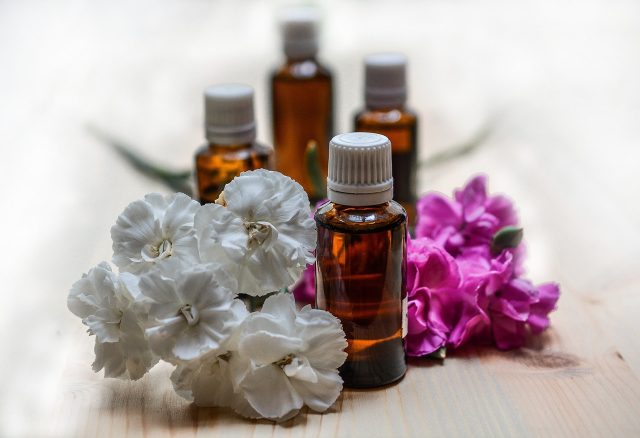
The Possible Limit on the Use of Essential Oils Feared by Brussels, with the New Rules of Labelling and Packaging of Chemical Products Could Represent a Concrete Risk for the Italian Cosmetic Industry
After the case of the alarmist labels on wine to which the government promptly put its hand with a bill to promote Italian culture and identity, yet another attempt is coming from the European Union to embarrass Made in Italy with the introduction of severe bans on essential oils, the pride of Italy and vital for the cosmetics industry. Essences such as orange, bergamot and lemon, for example, used all over the world and with great skill in Italy, in the blend of the most requested perfumes, could be replaced by synthetic products. The European Commission is making changes to the classification, labelling and packaging of chemicals with the aim of reducing or even completely eliminating chemicals used in cosmetics until the creation of a sector free of toxic substances.
With the possible ban on certain essential oils, fundamental for the entire perfumery product chain, Europe would catastrophically damage a sector which, in Italy, is considered of excellence and which positions the Italian country in fourth place for the largest perfume production in Europe with a turnover of 564 million euros in 2020.
In the Messina area, in Sicily, more than a thousand workers linked to the related industries of cosmetic production are at risk. The manufacture of essential oils alone, in 2019, was worth 338.7 million euros and up 65% in just 8 years because in 2011 it was 205.2 million euros. In 2020 Italy was in tenth place in the world for exports with a value of 5.14 billion dollars of finished products containing essential oils. Also in this case, as has already happened for wine, a particular item of the EU regulation would like to label oils based on their individual components, but the producers rightly disagree and explain that the products should be labelled with specific tests of the oils on algae, mice and the environment and which must be judged on the mixture, not on the individual components used to produce it.
The European Commission wants to further reduce the field of operability, with obsessive labelling where the class of danger is indicated with respect to the single component and not to the oil itself, as common sense would suggest. The final decision will be made in October and until then the battle in the various institutional settings will be very heated. Should the law in question be passed, the impact would be devastating, and the bill would be paid by the cosmetics industry and related societies linked to agriculture, its transformation and transport. In Calabria, a thousand hectares of bergamot plantations with an annual value of 20 million would be at risk with farmers risking their jobs.
The lemon production itself, with 700,000 tons, is worth a figure similar to that of bergamot, but mandarins and oranges would also be at risk with estimated losses of around 80 million of euros. Italy, as has already happened in other areas, could be penalized more than other countries for the sole fault of having a superior quality of raw materials useful for the creation of essential oils. According to the Italian producers and perfumers, it would be impossible to create a perfume without citrus fruits and with synthetic products because the aromatic notes would have nothing to do with those that have made Italian perfumes and essences so famous and appreciated all over the world and not only in the field of cosmetics.



 Subscribe
Subscribe